If you’re an Oscars aficionado, make sure to join us on the evening of Thursday, March 24 for our Oscars Trivia Night!
It’s that time of year again! Time for stars to strut down the red carpet and for the rest of us to watch from our couches with a glass of wine and sweatpants. Yes, the Academy Awards are upon us, and unlike last year’s sad, weird COVID ceremony, this year promises to return the glitz and glam we’re all looking for.
The limbo period between the nominees being announced and the ceremony proper is always fraught for the film fan. We love to celebrate our favourites getting a nom, but we also love to rant and rave about who, in a just world, should really be getting them. Ostensibly an award ceremony recognizing the best in the craft, the Oscars are notorious for things like name bias (bestowing awards on big name actors), age bias (Adrien Brody is the only man to win Best Actor under the age of 30, though plenty of young women have won Best Actress—after all, Hollywood likes its men old and its women young), and playing catch-up on overdue awards (see: Leo DiCaprio finally winning for The Revenant instead of, like, anything else). Then there’s the Western, English language bias of it all—as Bong Joon-ho put it, the Oscars are a “very local” award show.
And of course, the Oscars wouldn’t be the Oscars without a full list of snubs for people to rage about on Twitter. Every year there are some headscratchers, people or movies that seem like locks for nominations, only to be shut out. There was palpable shock when Lady Gaga was ignored for her House of Gucci performance (although, with that accent? I don’t know). Don’t Look Up’s Best Picture nom sparked highly annoying discourse from both fans and detractors.
Since we all love to share our opinions on who is most deserving of these esteemed, slightly silly awards, below you’ll find my picks for the best films in the race this year—whether or not they were nominated for Best Picture (and a necessary caveat: I have seen many of the nominees, but not all!). And I, of course, have my own list of snubs that I would have liked to see get some recognition. Some of these are already available at VPL; for those that aren’t, keep an eye on our catalogue!
Let’s start with some must-sees:
The Worst Person in the World
The final installment in Danish-Norwegain director Joachim Trier’s Oslo Trilogy, The Worst Person in the World follows Julie through four years of life and love in the Norwegian capital. There’s almost no way to describe this film without making it sound frivolous, but I promise it’s anything but. As Julie—the titular “worst person”—stumbles through one mistake after another, Trier treats his protagonist with a tenderness and sympathy that doesn’t condemn or condone her choices. Instead, he creates a film that feels as close to quiet, everyday life as possible. Lead actress Renata Reinsve—grounded, natural, and joyful—gives what might be my favourite performance of the year, without any of the flashiness or dramatics usually associated with acting awards. Plus, there’s the scenery: a stylish wood-paneled home, a bright and airy Scandi apartment, and the pretty streets of Oslo.
Nominated for Best International Feature Film, Best Original Screenplay
The Power of the Dog
A movie best watched twice (or probably more), Jane Campion’s latest film is layered so beautifully that it rewards multiple viewings. The first viewing is for confusion and a strong sense of unease: just what exactly is going on? Why is Benedict Cumberbatch’s character so awful? Where is this going? When you finally arrive at the ending, you’re forced to recalibrate everything. And so on the second viewing, you’ll want to pay close attention to Kodi Smit-McPhee. Actor Sam Elliot recently (hilariously) derided the film for its take on cowboy masculinity, with male characters “running around in chaps and no shirts … there’s all these allusions to homosexuality”, to which podcast host Marc Maron replied “I think that’s what the movie’s about.” Elliot made exactly one valid point (the New Zealand filming location looks nothing like Montana, which is a bit distracting), but I for one welcome this new frontier of Westerns that are not of the tired old John Wayne variety. And this particular story is not even new; The Power of the Dog is based on a 1967 novel by Thomas Savage.
Nominated for Best Picture, Best Director, Best Actor, Best Supporting Actor, Best Supporting Actress, Best Cinematography, Best Adapted Screenplay, Best Editing, Best Original Score, Best Production Design, Best Sound
Belfast
I don’t think Belfast is necessarily a perfect film, but despite the obvious ploys at emotional manipulation, Kenneth Branagh’s memoir-ish film is memorable for its specificity. Belfast isn’t just set in Northern Ireland during The Troubles, it’s more or less set on a single street. Since our protagonist is a nine-year-old boy, everything on the street seems a little too rosy to be completely real—it basically resembles a playground—but from a child’s perspective it rings true. Of course, that childlike innocence is shattered when the literal bombs start dropping, and when the threads of his parent’s marriage start unravelling. The tone of the film can be a bit wobbly, attempting to balance that naivete with the fact of war (and I wish the “Everlasting Love” scene had lasted a little longer!). But the performances are stellar, particularly Caitriona Balfe and Jamie Dornan as the boy’s parents, who struggle to stay in the city and struggle to leave. And with war in Europe being all over the news again, Belfast’s depiction of the city’s recent history (The Troubles officially ended in 1998) is a reminder that Europe is not exempt from violent conflict (to apparent general confusion).
Nominated for Best Picture, Best Director, Best Supporting Actor, Best Supporting Actress, Best Original Song, Best Original Screenplay, Best Sound
Spencer
Full disclosure: I am generally not a fan of Kristen Stewart’s acting. She seems like a cool person, but I can only ever see her as herself. For years people would say, “This time she’s really good” and time and again I would be disappointed. However, she absolutely nails this take on Princess Diana. I don’t think the performance is as lifelike as, say, Emma Corrin in The Crown, but it works here. Spencer is a strange film, set over Christmas at Sandringham Castle, just before Diana’s divorce from Prince Charles. Here, the royal ancestral home is an icy, claustrophobic funhouse that warps and heightens Diana’s anxiety, amounting to the sort of bad dream where everything just feels off. It’s not an entirely accurate account of Diana’s last days in the Windsor family, but nor is it entirely fictional. Director Pablo Larraín calls the film “a fable from a true story”, which explains the surreal, fairytale-esque vibes.
Nominated for Best Actress
Flee
This animated documentary should be mandatory viewing for everyone—but especially for anyone feeling uncharitable towards the plight of refugees. Over the course of an hour and a half, we follow the story of the pseudonymously-named Amin as he recounts how he came to be where he is now: from a child of war-torn Afghanistan to a happily engaged, academically successful citizen of Denmark. The story is told by Amin himself, speaking his own personal history for the first time to his documentarian friend Jonas Poher Rasmussen. Rasmussen told The Guardian that “I want the film to show that being a refugee is not an identity – it’s a circumstance that can happen to anyone.” The film communicates this beautifully and brutally, animating everything from Russian-dubbed Mexican soap operas on TV to harrowing journeys on a human trafficking ship. Rasmussen is also sure to focus on the personal, drawing connections from Amin’s history of fleeing to his hesitancy to put down roots with his now husband (don’t worry, there’s a happy ending).
Nominated for Best Animated Feature Film, Best Documentary Feature, Best International Feature Film
And now, the snubs:
Ruth Negga (Best Supporting Actress, Passing)
If there’s one snub I’m truly agog about, it’s Ruth Negga not scoring a Best Supporting Actress nomination for the Netflix film Passing (based on a book of the same name). Rebecca Hall’s directorial debut is a small-scale black and white affair. The medium isn’t just a gimmick; Ruth Negga plays a mixed Black woman passing as white in New York City in the 1920s. Removing colour from the film emphasizes the white and black tones, but, as Hall told Screenrant, “The irony of black-and-white films is they’re gray, there’s nothing black or white about it, ever”. Despite the excellent crafting, the film just would not work without Negga’s spritely, sly performance as a 1920s dream girl hiding dangerous truths.
Zola (Best Adapted Screenplay)
Has anyone else adapted a feature film from a Twitter thread?! Writer Jeremy O. Harris (creator of the controversial Slave Play) takes inspiration from the absolutely hog-wild 148-tweet viral story by Aziah Wells King (@_zolarmoon) about the time she got roped into a trip to Florida on the promise of big money at a strip club. What actually transpires is way, way wilder. I knew it was a long shot for Adapted Screenplay, but seriously, what’s more 21st century avant-garde than adapting a Twitter short story? Oscars, look forward for once!
Alana Haim (Best Actress, Licorice Pizza)
A lot of musicians try to make the leap into acting, and the results aren’t always great. Not true of Alana Haim, of the band Haim (consisting solely of Haim sisters), who is, in my opinion, the best thing about Paul Thomas Anderson’s latest film. If I were in the business of hot takes, I might say she is one of the only good things about Licorice Pizza (Philip Seymour Hoffman’s son being the other thing). Don’t get me started on this movie! I will refrain from a rant to say, Alana Haim is a force in this film, and it would have been neat to see this debut performance score a Best Actress/Supporting Actress nomination. I immediately want to see her in a million more things.
The Green Knight (Best Cinematography)
One of the more confounding movies of the year, I wasn’t entirely surprised to see that The Green Knight scored exactly zero noms. The Oscars aren’t known for being adventurous, and they’re especially not known for honouring genre films. The Green Knight is a weird one: an adaptation of an Arthurian tale, but interpreted as a surreal, slightly threatening fantasy. Not exactly the Oscars’ bread and butter. The one nomination I would have expected is for cinematography, as Andrew Dros Palermo’s stunning work has been praised across the board. Even if the movie is too weird for some tastes, it still looks great.
Titane (Best International Feature Film)
Another “weirdest film of the year” contender (and probably the winner), Titane was France’s submission for Best International Feature, but didn’t make the cut. Normally I wouldn’t expect a TIFF Midnight Madness Award winner to compete at the more genteel Academy Awards, but Titane did win the Palme D’Or at the Cannes Film Festival (the festival’s highest prize). Alas, perhaps this “work of a demented visionary in full command of her wild mind” is just a bit too demented.
What were your favourite films of the year? Did any of them score some nominations? Remember to check out the Academy Awards ceremony on Sunday, March 27!
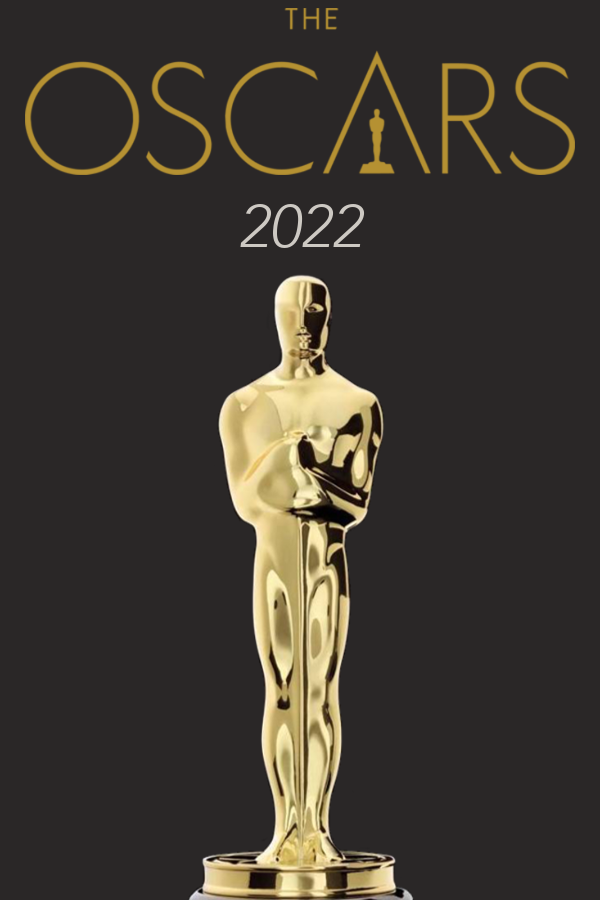
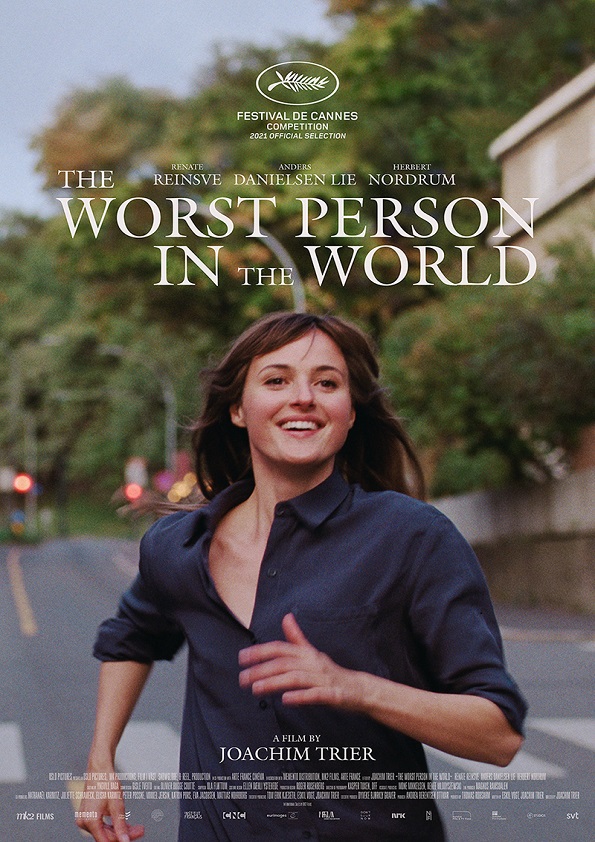
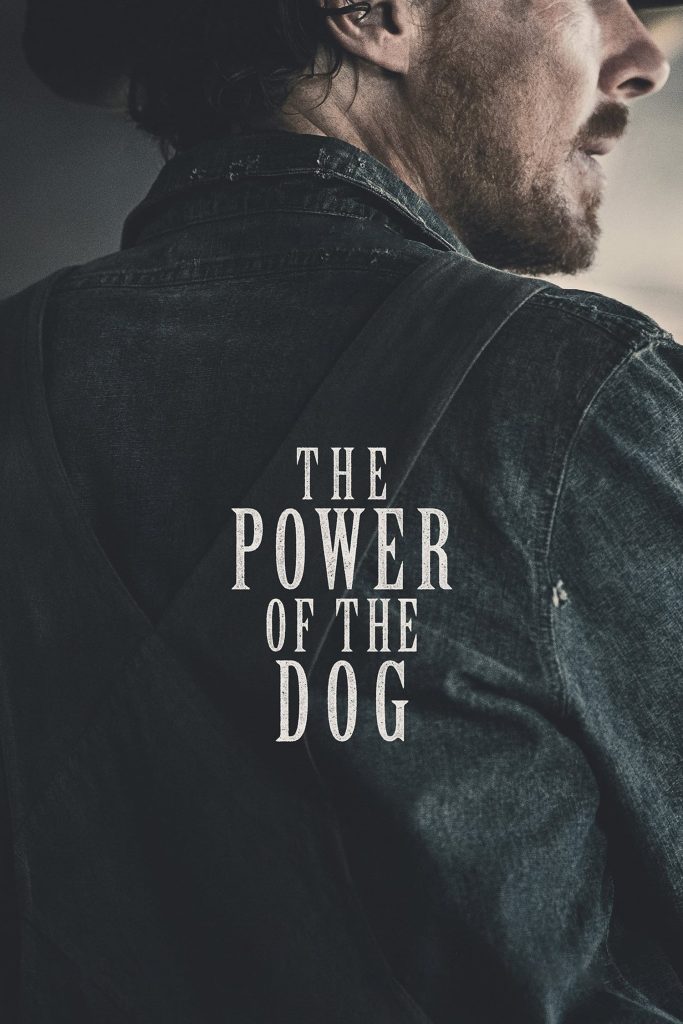
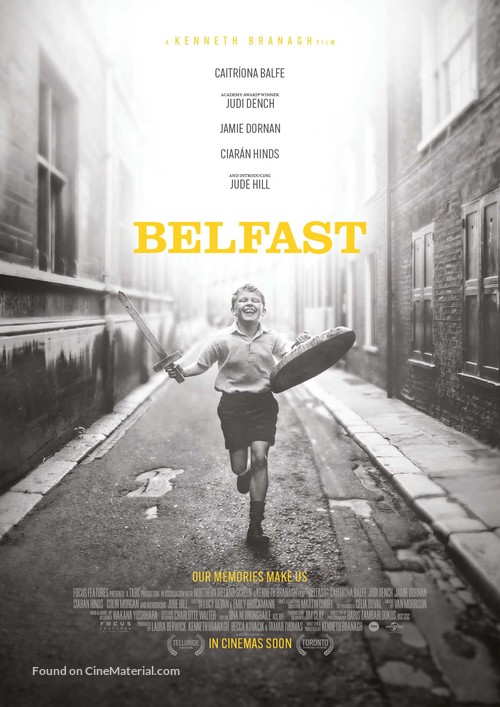

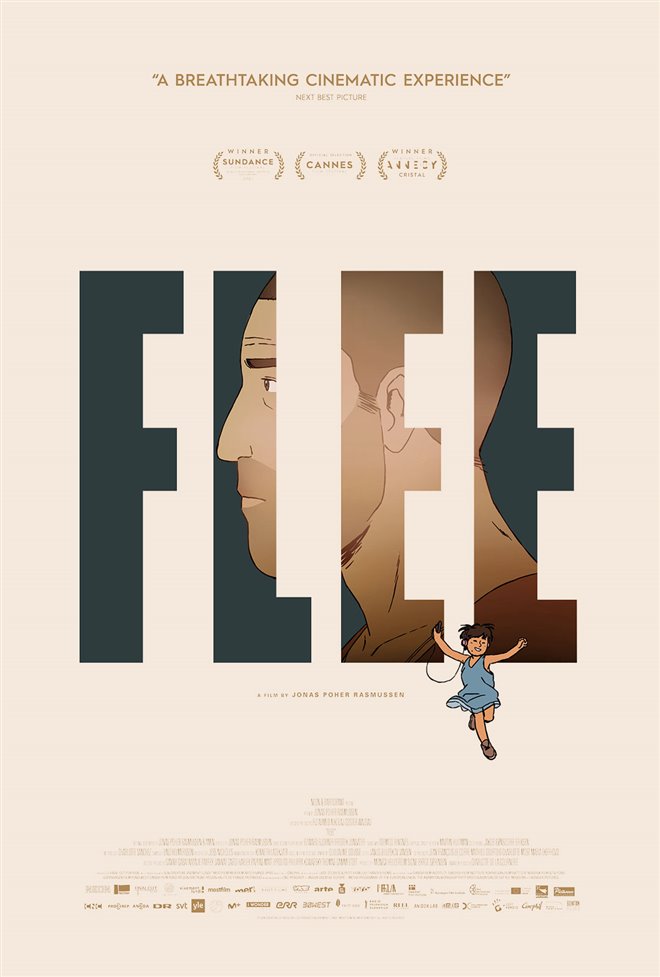
Having watched Raw, I’m at once drawn to the idea of watching Titane and also quite apprehensive of doing so. I’m sure it’ll be a wild ride, and also fairly certain I’ll need to be in the right mood for it.
The Green Knight was… I don’t even know how to describe it. Zero nominations is probably what I would’ve expected for it despite the fact that I kind of love how nebulous it is and think I would probably want to watch it again to see what I missed (or find out that I hadn’t missed anything and that it is just as confusing the second time around!) – and I don’t tend to watch movies more than once.
I was always too chicken to watch Raw, so I can’t say how it compares to Titane! I will say that despite the body horror, Titane is weirdly…feel good? Wholesome?? It doesn’t go where you think it’s going to go!
I did watch The Green Knight a second time and it’s just as weird tbh. Slightly less confusing once you know what’s going on but strange nonetheless!